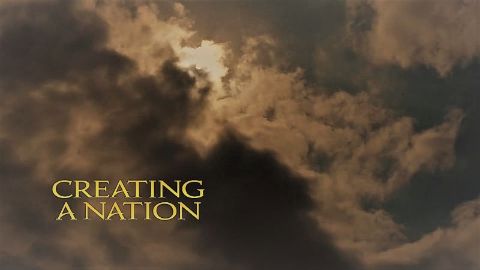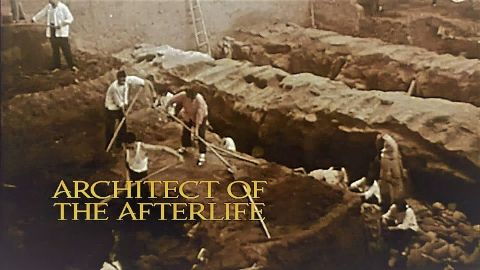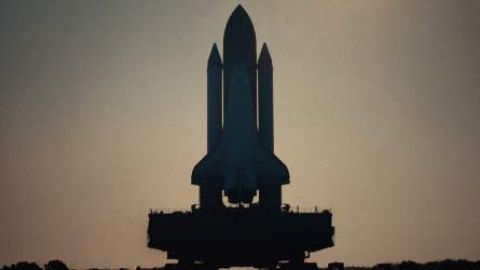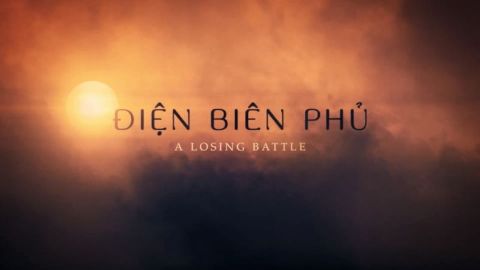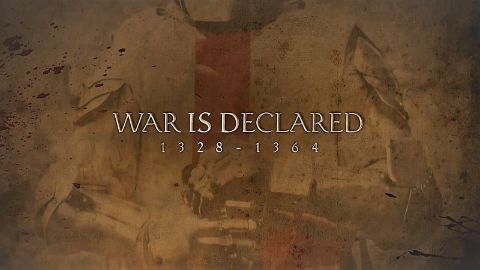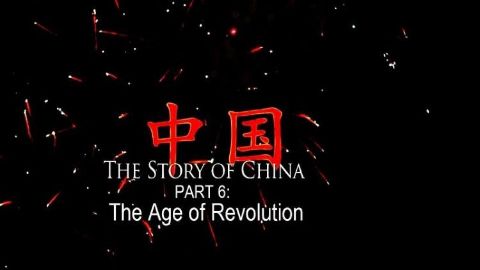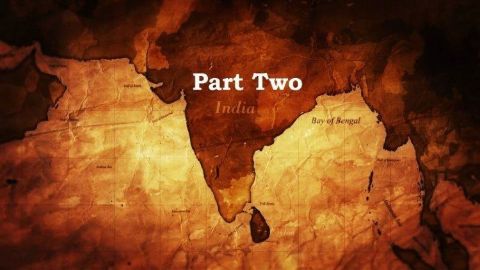Creating a Nation • 2019 • episode "S1E1" • China's Dragon Emperor
Was he an incompetent ruler, a brutal tyrant, or a great leader? 2,000 years after his death, the legacy of China's first emperor, Qin Shi Huang, remains a point of debate. His role in ending centuries of conflict between warring factions and creating China's first imperial dynasty is indisputable, yet he has questionably been portrayed as a violent oppressor. Through ancient texts, artifacts, and expert insights, revisit the life of this complicated and influential figure.
Make a donation
Buy a brother a hot coffee? Or a cold beer?
Hope you're finding these documentaries fascinating and eye-opening. It's just me, working hard behind the scenes to bring you this enriching content.
Running and maintaining a website like this takes time and resources. That's why I'm reaching out to you. If you appreciate what I do and would like to support my efforts, would you consider "buying me a coffee"?
Donation addresses
BTC: bc1q8ldskxh4x9qnddhcrgcun8rtvddeldm2a07r2v
ETH: 0x5CCAAA1afc5c5D814129d99277dDb5A979672116
With your donation through , you can show your appreciation and help me keep this project going. Every contribution, no matter how small, makes a significant impact. It goes directly towards covering server costs.
